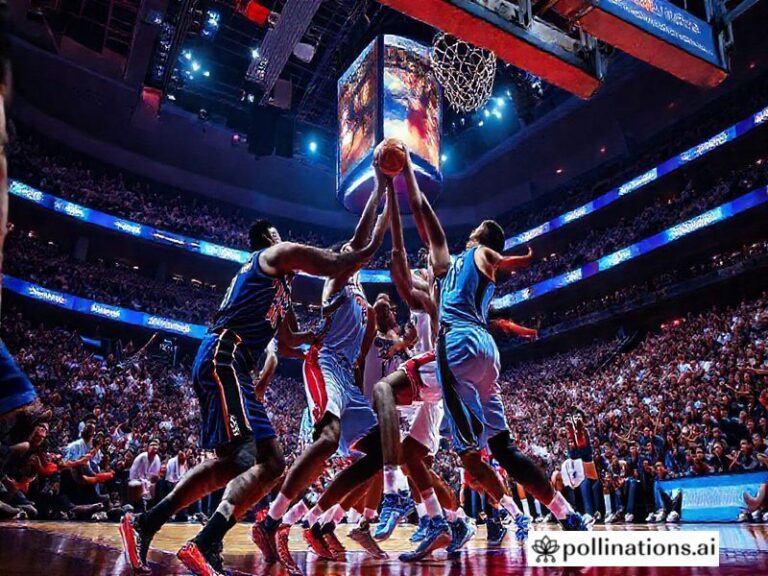Winning NYT: The Global Obsession with Outsmarting the New York Times Crossword
**Title: “Winning NYT: The Global Obsession with Outsmarting the New York Times Crossword”**
Alright, folks, let’s talk about the phenomenon that’s been making waves across the globe—”winning NYT.” No, it’s not about acquiring the New York Times or becoming its CEO overnight. It’s about something far more exhilarating and intellectually stimulating: conquering the New York Times Crossword puzzle.
### The Cultural Context
The New York Times Crossword puzzle has been a staple in American culture since 1942. It’s a daily ritual for many, a mental workout that sharpens the mind and expands vocabulary. But in recent years, the trend of “winning NYT” has gone viral, transcending borders and languages. People from all corners of the globe are now attempting to solve the NYT Crossword, and the internet is buzzing with their triumphs and tribulations.
### The Social Impact
The rise of “winning NYT” can be attributed to several factors. Firstly, the internet has made the NYT Crossword accessible to a global audience. Websites and apps like the New York Times Crossword app, NYTCrossword.com, and even third-party platforms like Crossword Nexus have made it easier than ever to participate. Secondly, social media platforms like Twitter, Reddit, and Instagram have turned the crossword into a communal experience. People share their completed puzzles, seek help on tricky clues, and celebrate their victories, creating a sense of camaraderie among solvers.
### The Significance
So, why is “winning NYT” so significant? For starters, it’s a testament to the power of the internet in democratizing culture. The NYT Crossword, once an American institution, is now a global phenomenon. It’s also a reflection of our collective desire for mental stimulation and achievement. In a world filled with instant gratification, the crossword offers a challenge that requires patience, persistence, and a bit of brainpower.
Moreover, the trend highlights the importance of language and communication. The crossword is, at its core, a linguistic puzzle. It’s a celebration of words, their meanings, and their nuances. By engaging with the crossword, people are not just solving puzzles; they’re expanding their vocabulary, improving their language skills, and gaining a deeper appreciation for the intricacies of communication.
### The Allure of the Challenge
But what makes the NYT Crossword so appealing? For one, it’s a challenge that’s accessible to everyone. Whether you’re a seasoned solver or a newbie, there’s a puzzle for you. The NYT Crossword offers puzzles of varying difficulty levels, from the relatively easy Monday puzzles to the fiendishly difficult Saturday puzzles. This inclusivity makes it appealing to a wide range of solvers.
Additionally, the crossword offers a sense of accomplishment. There’s a unique satisfaction that comes from filling in the last square of a puzzle, especially when it’s a challenging one. It’s a feeling of victory, of having outsmarted the puzzle’s creator. And in a world where we’re constantly bombarded with bad news, that feeling of accomplishment is a welcome respite.
### The Global Appeal
The global appeal of “winning NYT” is also noteworthy. While the crossword is an American creation, its popularity has spread far and wide. People from non-English speaking countries are also joining in, using the crossword as a tool to improve their English skills. This global participation is a testament to the universal appeal of the crossword and its ability to bring people together.
### Conclusion
In conclusion, “winning NYT” is more than just a trend; it’s a global phenomenon that reflects our collective desire for mental stimulation, achievement, and community. It’s a celebration of language and communication, a testament to the power of the internet in democratizing culture, and a reminder of the joy that comes from a good old-fashioned challenge. So, whether you’re a seasoned solver or a newbie, grab a pencil, fire up the NYT Crossword app, and join the global obsession. Who knows, you might just be the next one to “win NYT.”







